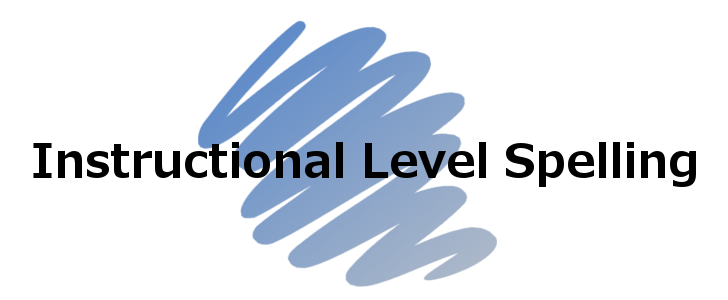What's Included with the Word Lists?
The Word Lists (2012) of the Instructional Level Spelling Program include a Word Sort, Guided Practice Chart, Dictation Paragraph and Pre and Post Assessment Sentences for each of the 175 Word Lists in the program.
Word Sorting is an active process in which children categorize words. Children examine words and then make decisions about the ways specific sounds are represented. Repeated practice in categorizing words by particular features enables children to identify and generate patterns of the English spelling system. This hands-on word study activity is most effective at the beginning of a unit of study. Word Sorts lead to new discoveries and interesting discussions about spelling.
Guided Practice Charts have been developed as a higher level word study activity. Another child or an adult dictates the words from a Word List in random order. The child thinks about the spelling of the word and decides which category it belongs to before recording the word in its appropriate category box. This activity promotes deeper understanding of the various ways specific spelling features are represented. It requires children to move beyond memorization and approach spelling reflectively.
Dictation Paragraphs are designed to provide a transition between learning words in isolation and using words spontaneously in writing. For each Word List, a paragraph of approximately 50 words (included 10 list words) has been developed. The entire Dictation Paragraph is read aloud and then dictated in small segments. Children strive to spell all of the words correctly. Other applications include using the Dictation Paragraph as content for handwriting practice and using it as an assessment at the end of a unit of study.
Pre and Post Assessment Sentences are included for use at the beginning and end of a unit of study. The list words are used in meaningful contexts. Sentence length and vocabulary are aligned with level of the Word List. If the Pre and Post Assessment Sentences are read by an adult, the adult does not have to scramble to make up sentences on the spot and can spend more time observing children. If the Pre and Post Assessment Sentences are recorded
